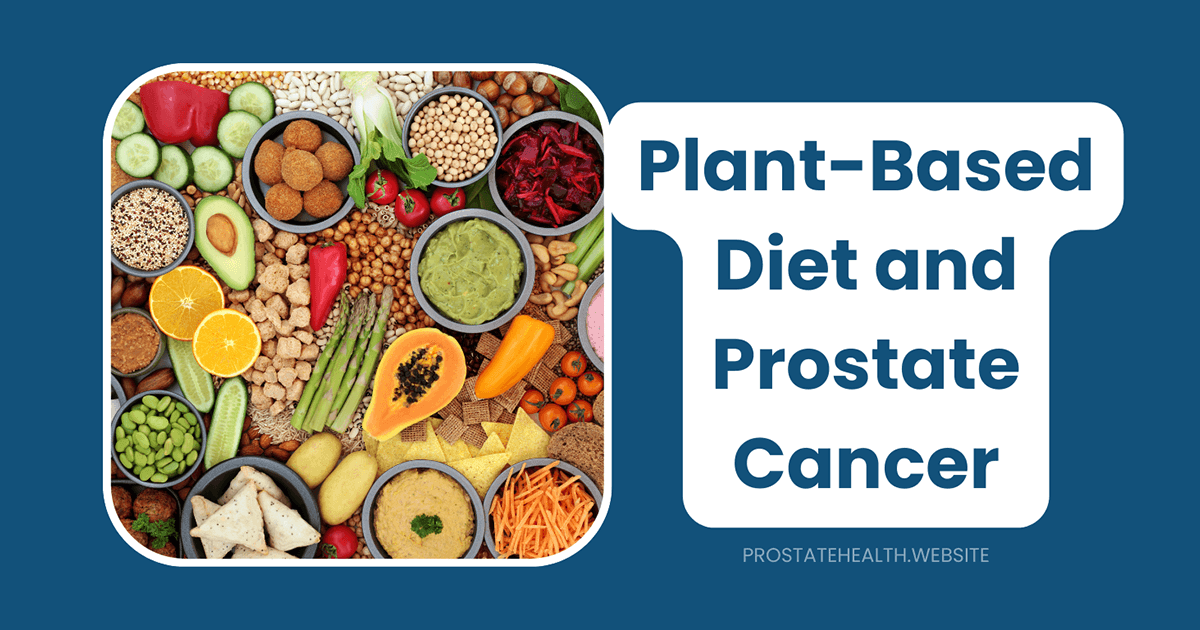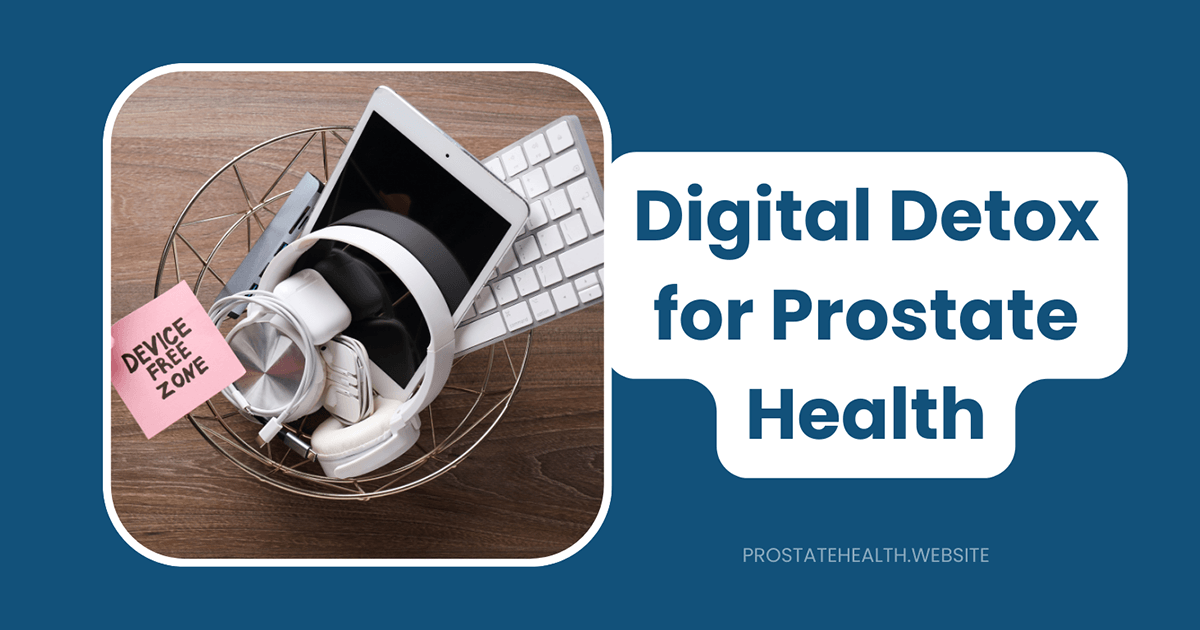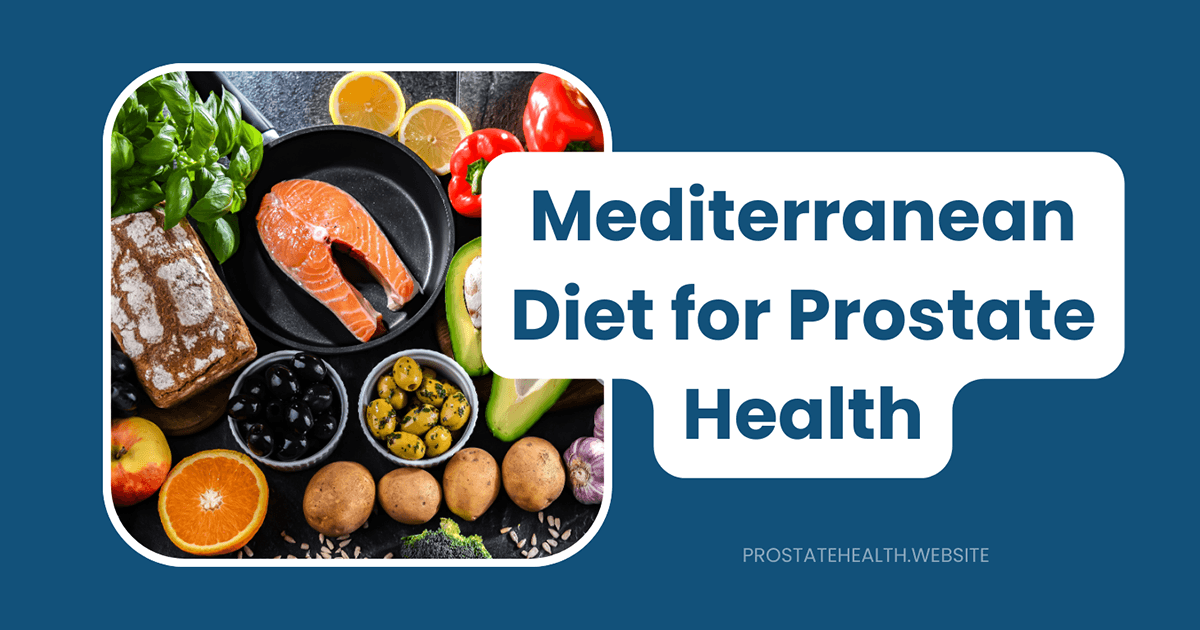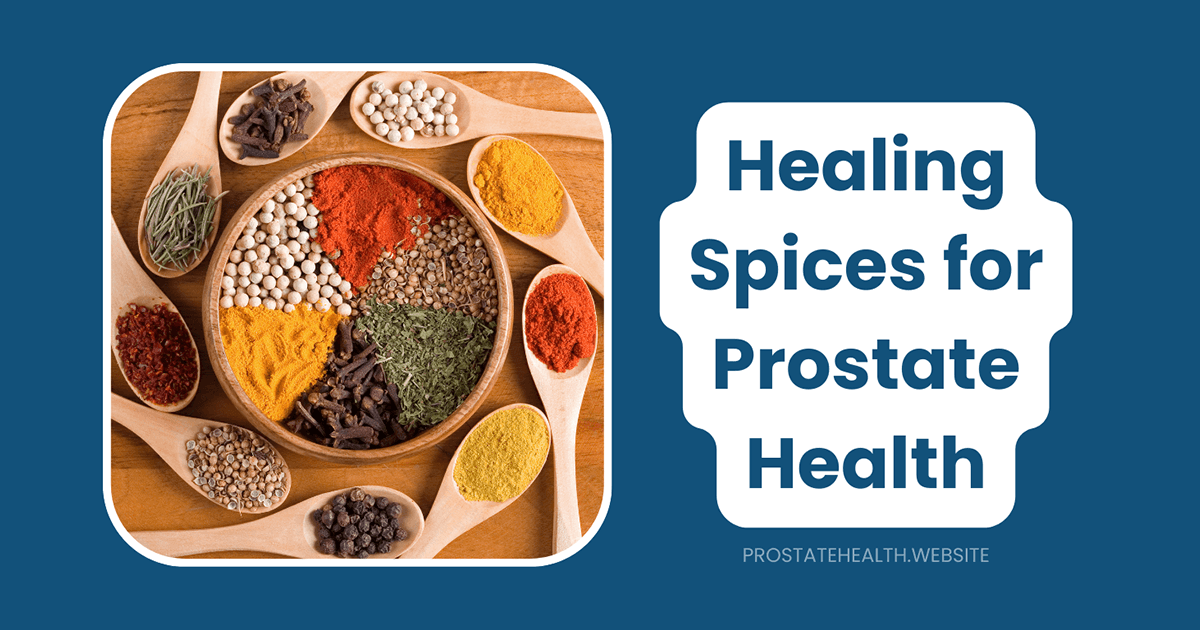Foods to Avoid for Better Prostate Health
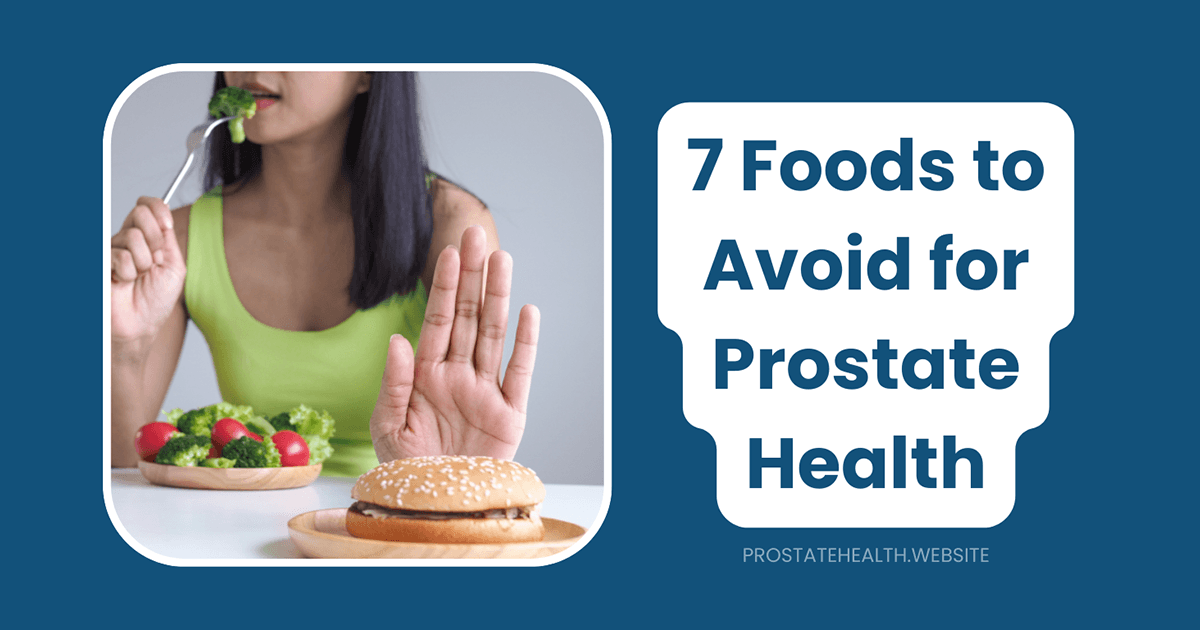
When David, a 58-year-old high school principal, received a diagnosis of benign prostatic hyperplasia (BPH), his urologist mentioned something that surprised him: “What you eat can significantly impact your prostate health.” Like many men, David had never considered the connection between his diet and his prostate.
“I always thought prostate problems were just an inevitable part of aging,” David admits. “Learning that my food choices could make a difference was both empowering and a bit overwhelming.”
With prostate conditions affecting millions of men—from common issues like BPH to more serious concerns like prostate cancer—understanding the dietary factors that may harm prostate health is increasingly important. While no single food causes prostate problems, research suggests that certain dietary patterns and specific foods may contribute to inflammation, hormonal imbalances, and other factors that affect prostate health.
Let’s explore the foods that research suggests men should limit or avoid for optimal prostate health, and understand the science behind these recommendations.
The Western Diet Connection: Understanding the Big Picture
Before diving into specific foods, it’s important to understand the broader dietary pattern associated with increased prostate health risks. Research consistently shows that the typical Western diet—characterized by high consumption of processed foods, red meat, high-fat dairy, refined carbohydrates, and limited fruits and vegetables—is linked to higher rates of prostate problems.
A comprehensive review published in 2023 found that “the incidence of prostate cancer is six-fold higher in Western countries compared to non-Western countries,” with dietary patterns playing a significant role in this disparity.
The mechanisms behind this connection include:
- Increased inflammation: Many components of the Western diet promote systemic inflammation, which is linked to prostate issues
- Hormonal disruption: Certain foods can alter testosterone and other hormone levels that affect prostate health
- Oxidative stress: Poor dietary choices can increase free radical damage to prostate cells
- Weight gain: The Western diet often leads to obesity, which is an independent risk factor for prostate problems
With this broader context in mind, let’s examine the specific foods that research suggests may negatively impact prostate health.
1. Red and Processed Meats: The Strong Evidence
Red meat (beef, pork, lamb) and processed meats (bacon, sausage, hot dogs, deli meats) have some of the strongest associations with prostate health concerns.
The Research:
- The World Health Organization has classified red meat as “probably carcinogenic to humans” and processed meat as a definite carcinogen
- A systematic review published in Frontiers in Nutrition found that increased meat consumption is linked to an increased risk of prostate cancer
- Men who eat red meat daily may be 38% more likely to develop benign prostatic hyperplasia (BPH) than those who eat it less than once a week
Why They’re Problematic:
- Cooking methods matter: High-temperature cooking methods like grilling and frying create heterocyclic amines (HCAs) and polycyclic aromatic hydrocarbons (PAHs)—compounds that can damage DNA and promote cancer development
- Inflammatory effects: Red meat contains arachidonic acid, which can increase inflammation throughout the body, including the prostate
- Hormonal impact: Some research suggests that red meat consumption may increase levels of insulin-like growth factor 1 (IGF-1), which can stimulate prostate cell growth
- Added hormones: Conventionally raised livestock may contain residual hormones that could potentially affect hormone-sensitive tissues like the prostate
Dr. William Li, physician and author of “Eat to Beat Disease,” explains: “When meat is cooked at high temperatures, it creates compounds that can damage DNA and trigger inflammation—two processes that can contribute to prostate problems.”
Healthier Alternatives:
- Fish, especially fatty fish rich in omega-3s (salmon, sardines, mackerel)
- Poultry in moderate amounts (preferably organic)
- Plant proteins like beans, lentils, chickpeas, and tofu
2. High-Fat Dairy Products: The Calcium Paradox
While calcium is essential for bone health, high consumption of dairy products—particularly high-fat options—has been linked to increased prostate cancer risk in multiple studies.
The Research:
- A study in the Journal of Nutrition found a positive connection between total dairy intake and overall prostate cancer risk, particularly with milk, hard cheeses, and ice cream
- Research from Harvard found that men who consumed more than two servings of dairy daily had a 34% higher risk of developing prostate cancer than those who consumed little or no dairy
- High-fat dairy consumption has been associated with higher prostate cancer-specific mortality in patients with localized disease
Why They’re Problematic:
- IGF-1 connection: Dairy consumption increases blood levels of insulin-like growth factor 1 (IGF-1), which may promote prostate cancer cell growth
- Calcium concerns: While calcium is essential for health, very high intake (above 2,000 mg daily) has been associated with increased prostate cancer risk in some studies
- Saturated fat content: Full-fat dairy products are high in saturated fat, which may promote inflammation and hormonal imbalances
- Hormonal residues: Some conventional dairy products may contain traces of growth hormones given to cows, though the impact on human health remains controversial
According to Dr. June Chan, Professor of Epidemiology & Biostatistics at UCSF: “The calcium and protein in dairy products may increase IGF-1 levels, which could stimulate prostate cancer cells to grow. Additionally, the high fat content in many dairy products may promote inflammation.”
Healthier Alternatives:
- Plant-based milk alternatives (almond, oat, soy)
- Small amounts of low-fat dairy if desired
- Other calcium sources like leafy greens, fortified plant milks, and small fish with edible bones
3. Saturated and Trans Fats: The Inflammatory Triggers
Diets high in saturated and trans fats have been linked to increased inflammation and potentially higher risk of aggressive prostate cancer.
The Research:
- A 2023 study found that “consumption of saturated and trans fatty acids disrupts prostate hormonal regulation and induces oxidative stress and inflammation, contributing to prostate carcinogenesis”
- High dietary fat intake, particularly saturated fats, is linked to an increased risk of advanced prostate cancer, with a hazard ratio of 1.21 for those consuming high levels
Why They’re Problematic:
- Inflammatory response: Saturated and trans fats trigger inflammatory pathways in the body
- Oxidative stress: These fats increase oxidative damage to cells, including prostate tissue
- Hormonal effects: Some research suggests these fats may alter testosterone metabolism in ways that could affect prostate health
- Weight gain: Diets high in these fats often lead to obesity, an independent risk factor for prostate problems
Common Sources to Limit:
- Fried foods
- Baked goods made with hydrogenated oils
- Processed snack foods
- Fast food
- Fatty cuts of meat
- Full-fat dairy products
Healthier Alternatives:
- Foods rich in monounsaturated fats (olive oil, avocados, nuts)
- Sources of omega-3 fatty acids (fatty fish, flaxseeds, walnuts)
- Cooking methods that require less fat (steaming, baking, broiling)
4. Alcohol: Moderation Is Key
While light to moderate alcohol consumption hasn’t been strongly linked to prostate problems, heavy drinking may increase risk.
The Research:
- A study published in Biomolecules found a strong link between alcohol consumption and the development of prostate cancer
- Heavy alcohol consumption (more than three drinks per day) is associated with a doubled likelihood of being diagnosed with advanced prostate cancer
- Alcohol can exacerbate urinary symptoms in men with existing prostate conditions like BPH
Why It’s Problematic:
- Hormonal disruption: Excessive alcohol can alter testosterone levels and metabolism
- Inflammatory effects: Heavy drinking promotes systemic inflammation
- Dehydration: Alcohol is a diuretic that can worsen urinary symptoms
- Nutrient depletion: Alcohol interferes with the absorption of several nutrients important for prostate health
Healthier Approach:
- Limit alcohol to no more than 1-2 drinks per day, if any
- Choose red wine if you do drink, as it contains resveratrol, which may have some protective effects
- Stay well-hydrated with water when consuming alcohol
- Consider alcohol-free days each week
5. Added Sugars and Refined Carbohydrates: The Hidden Threat
The connection between sugar, refined carbohydrates, and prostate health is gaining increased attention in research.
The Research:
- Increased intake of refined carbohydrates has been associated with an increased risk of prostate cancer and higher risk of aggressive disease
- A high-sugar diet promotes inflammation and may increase IGF-1 levels, potentially stimulating prostate cancer cell growth
- One study found that men who consumed the most sugary beverages had a 21% higher risk of developing prostate cancer
Why They’re Problematic:
- Blood sugar effects: Rapid spikes in blood sugar trigger insulin release, which may promote cancer cell growth
- Inflammatory response: High sugar consumption increases inflammatory markers throughout the body
- Weight gain: Diets high in added sugars and refined carbs often lead to obesity, a risk factor for prostate problems
- Oxidative stress: High blood sugar levels increase oxidative damage to cells
Common Sources to Limit:
- Sugar-sweetened beverages (soda, sports drinks, sweetened tea)
- Candy and desserts
- White bread, pasta, and rice
- Breakfast cereals with added sugar
- Packaged snack foods
Healthier Alternatives:
- Whole fruits (natural sugars with fiber and nutrients)
- Whole grains (brown rice, quinoa, oats)
- Water, unsweetened tea, or coffee
- Vegetables and legumes as carbohydrate sources
6. Caffeine and Spicy Foods: Potential Irritants
While not directly linked to prostate cancer risk, caffeine and spicy foods may exacerbate symptoms in men with existing prostate conditions.
The Research:
- Caffeine has diuretic properties that can increase urinary frequency and urgency
- Some studies suggest that caffeine may irritate the bladder and potentially worsen BPH symptoms
- Spicy foods can trigger inflammation in some individuals and may worsen prostatitis symptoms
Why They’re Problematic:
- Urinary effects: Caffeine increases urine production and can irritate the bladder
- Sleep disruption: Caffeine consumption, especially later in the day, can disrupt sleep, which is already challenging for men with nocturia (nighttime urination)
- Inflammatory potential: Some spicy compounds may increase inflammation in sensitive individuals
Healthier Approach:
- Limit caffeine, especially in the afternoon and evening
- Consider herbal teas or decaffeinated options
- Moderate spicy food consumption based on your individual tolerance
- Pay attention to how your body responds to these foods and adjust accordingly
7. High-Sodium Foods: The Blood Flow Connection
High sodium intake may indirectly affect prostate health through its impact on blood pressure and overall cardiovascular health.
The Research:
- A high-sodium diet can lead to hypertension, which may damage blood vessels supplying the prostate and promote inflammation
- Some research suggests that high sodium intake may exacerbate urinary tract symptoms associated with BPH
Why They’re Problematic:
- Blood vessel effects: High sodium intake can damage blood vessels, potentially affecting blood flow to the prostate
- Fluid retention: Excess sodium causes water retention, which may worsen urinary symptoms
- Inflammatory potential: Some research suggests high sodium diets may increase inflammatory markers
Common Sources to Limit:
- Processed and packaged foods
- Canned soups and vegetables (unless low-sodium)
- Fast food and restaurant meals
- Salty snacks (chips, pretzels, crackers)
- Processed meats and cheeses
Healthier Alternatives:
- Fresh or frozen vegetables without added salt
- Herbs and spices for flavoring instead of salt
- Whole, unprocessed foods
- Reading labels to identify lower-sodium options
Putting It All Together: Creating a Prostate-Healthy Eating Pattern
Rather than focusing exclusively on foods to avoid, consider adopting an overall eating pattern that supports prostate health. Research consistently shows that Mediterranean-style diets are associated with better prostate outcomes.
Key Principles of a Prostate-Healthy Diet:
- Emphasize plant foods: Make vegetables, fruits, whole grains, and legumes the foundation of your diet
- Choose healthy fats: Focus on olive oil, avocados, nuts, and seeds
- Select lean proteins: Favor fish, poultry, and plant proteins over red meat
- Limit problematic foods: Reduce consumption of the foods discussed in this article
- Stay hydrated: Drink plenty of water throughout the day
- Practice portion control: Maintain a healthy weight through appropriate portion sizes
A Day of Prostate-Healthy Eating:
Breakfast:
- Oatmeal topped with ground flaxseeds, berries, and walnuts
- Unsweetened plant milk or small amount of low-fat dairy if desired
- Green tea or small cup of coffee
Lunch:
- Large salad with mixed greens, chickpeas, olive oil dressing
- Quinoa or brown rice
- Grilled chicken or fish (optional)
- Water with lemon
Dinner:
- Baked or grilled fish with herbs
- Roasted vegetables with olive oil and garlic
- Sweet potato or whole grain side
- Sparkling water or small glass of red wine (if desired)
Snacks:
- Handful of nuts
- Apple with almond butter
- Hummus with vegetable sticks
- Fresh fruit
Beyond Diet: Other Factors That Affect Prostate Health
While diet plays a crucial role in prostate health, it’s just one piece of the puzzle. For comprehensive prostate health, also consider:
Physical Activity
Regular exercise is associated with better prostate outcomes. Aim for at least 150 minutes of moderate activity weekly, plus strength training 2-3 times per week.
Maintaining a Healthy Weight
Obesity is a risk factor for prostate problems. If you’re overweight, even modest weight loss can improve prostate health.
Stress Management
Chronic stress may impact hormone levels and immune function. Consider stress-reduction techniques like meditation, deep breathing, or yoga.
Regular Screenings
Discuss appropriate prostate screening with your healthcare provider based on your age and risk factors.
Real-World Success: David’s Story
Remember David, the high school principal we met at the beginning? Six months after changing his diet, he noticed significant improvements in his BPH symptoms.
“I cut way back on red meat and dairy, and I’m eating a lot more vegetables and fish,” he reports. “My nighttime bathroom trips have decreased from 3-4 times to just once most nights. My doctor is impressed with my progress, and I feel more in control of my health.”
While individual results vary, many men report similar improvements when they modify their diets to support prostate health.
Conclusion: Small Changes, Big Impact
The connection between diet and prostate health offers both a challenge and an opportunity. While it may require adjusting long-standing eating habits, dietary changes represent one of the most accessible ways to take control of your prostate health.
Dr. Mark Scholz, medical director of Prostate Oncology Specialists, puts it this way: “Diet is one of the few aspects of prostate health that men can control directly. Making informed food choices is a powerful way to reduce risk and potentially improve existing conditions.”
Start with small, sustainable changes rather than a complete dietary overhaul. Even modest reductions in problematic foods can make a difference over time. Your prostate—and likely your overall health—will benefit from these thoughtful choices.

